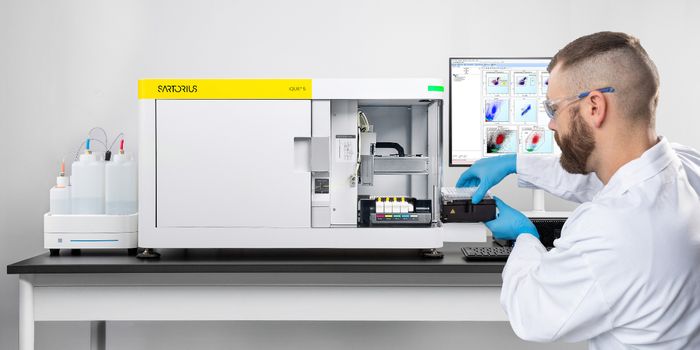Breast Cancer: 72 New Gene Mutations Uncovered
By pouring over the genetic profiles of hundreds of thousands of women, researchers have found 72 new genetic culprits behind breast cancer. The discovery sheds light on the genetic underpinnings of this disease. At the same time, such discovery explains why current treatments options remain inadequate, as breast cancer continues to prove itself a formidable opponent.
The study was a true tour-de-force effort that involved over 300 research groups and genetic data on over 275,000 women from around the world. The goal? To answer why some women are seemingly more predisposed to develop certain types of breast cancer.
The researchers compared the genetic profile of 146,000 women who had been diagnosed with breast cancer, to the profiles of the remaining women with no history of the disease. In total, they surveyed DNA differences over 10 million different sites across the genome.
"At each of these sites, we asked whether the DNA sequence in women with breast cancer was different than that in women without," said Peter Kraft, a professor at the Harvard T.H. Chan School of Public Health, and a study co-author. "Because our study was so large, we could detect subtle differences between these two groups of women and be sure these differences were not due to chance."
This analysis yielded 65 previously unknown genetic variations that contribute to estrogen-receptor (ER) positive (ER-positive) breast cancer. The other seven mutations, also previously known, are involved with ER-negative breast cancer.
“These findings add significantly to our understanding of the inherited basis of breast cancer as well as identifying new genetic variants, we have also confirmed many that we had previously suspected,” said Doug Easton, professor at the University of Cambridge who led the investigation. “There are some clear patterns in the genetic variants that should help us understand why some women are predisposed to breast cancer, and which genes and mechanisms are involved.”
With the 72 new genetic mutations, the total number of genetic culprits linked to breast cancer has now been more than doubled, totaling nearly 180. This list includes two of the most well-known breast cancer genes, BRCA1 and BRCA2, which are involved in DNA repair. Mutations in these genes are often associated with significant increase in risk for breast and ovarian cancer. Other genes, such as CHEK2 and ATM, also function in DNA repair, but their role in breast cancer development is not fully understood.
Based on this study, it may be tempting to conclude that the breast cancer gene suspect list is complete. However, past studies suggest future studies with larger sample sizes will likely turn up even more new culprits. Nevertheless, results from this study provide a more complete picture of the genetic landscape of breast cancer. The list of genes and their associated mutations could be used to predict breast cancer risks in patients, especially for the hereditary types. In addition, knowing the specific mutations in a patient could allow doctors to custom-tailor treatments for every patient.
"Our hope is that in future we will be able to test for these genetic variants in order to inform preventative approaches and treatment for women who may be at a higher risk of breast cancer," said Georgia Chenevix-Trench, a co-author on the study, from the QIMR Berghofer Medical Research Institute in Australia. "Many women are offered mammogram screening when they are middle-aged, but if we know a woman has genetic markers that place her at higher risk of breast cancer, we can recommend more intensive screening at a younger age.”
Additional sources: CNN









